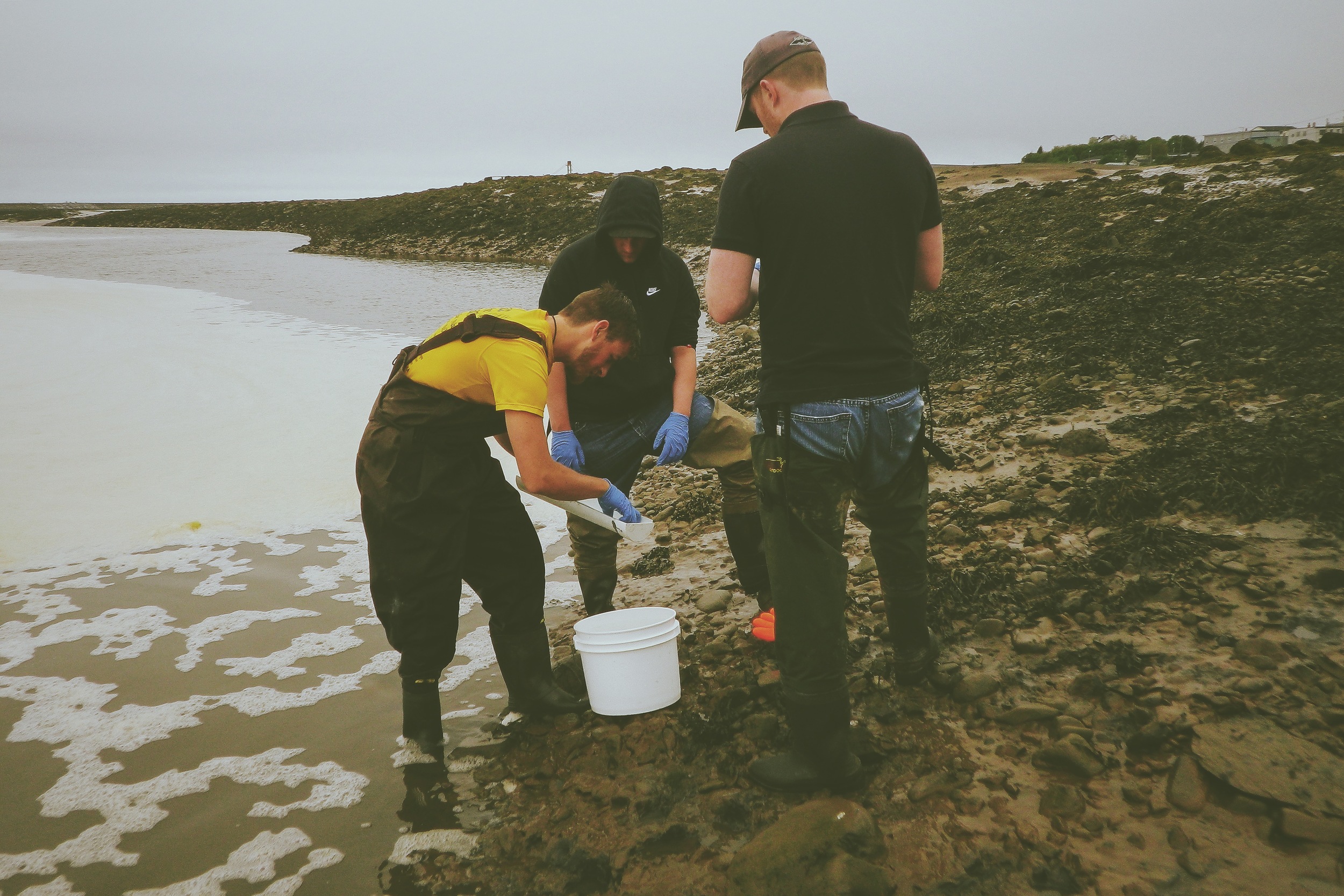
STAFF BLOG
Mitigating Eco-Anxiety Through 2SLGBTQIA+ Youth-led Gardening and Biodiversity Projects
The Growing Resilience Program: Mitigating Eco-Anxiety Through 2SLGBTQIA+ Youth-led Gardening and Biodiversity Projects is for 2SLGBTQIA+ youth between the ages of 16-26 in the Greater Saint John region who are interested in gardening, local food, and identifying ways they can address climate change in their communities.
The Growing Resilience Program: Mitigating Eco-Anxiety Through 2SLGBTQIA+ Youth-led Gardening and Biodiversity Projects is for 2SLGBTQIA+ youth between the ages of 16-26 in the Greater Saint John region who are interested in gardening, local food, and identifying ways they can address climate change in their communities.
Over 8 months, youth will participate in 7 workshops to learn how to start, grow, harvest, and cook their own food produced locally in community garden plots. Participants will be able to take home and eat any of the food that they produce! Additionally, they will partake in a Photovoice project where they will identify the things in their communities that they see as issues and assets to address climate change. A final celebration event will take place in Saint John where we can share the story of the program by displaying the results of the Photovoice sessions completed by the youth for the public, friends, and family to view.
20 2SLGBTQIA+ youths from the Saint John region will be accepted for this program. If you are interested in participating, please email jordan.kilgour@nben.ca to fill out a short application form.
This program is occurring in partnership with Chroma NB, Wisdom2Action, and the New Brunswick Environmental Network (NBEN).
Eligibility:
Youth between the ages of 16-26
Identify as 2SLGBTQIA+
Live in the Greater Saint John Region
Available to meet in person several times between April-November 2024*
Access to wifi and a device with the capacity to connect to Zoom for 1-2 virtual Photovoice sessions
*Must be able to commit to attending all scheduled group workshops (listed below). A volunteer schedule for maintaining the gardens throughout the spring and summer will be created to accommodate your availability. Funds to aid with transportation to and from the community gardens and/or workshops will be provided.
Rough Schedule:
(exact dates still to be determined)
April: First Photovoice session
April / May: Soil Quality Testing and Seed-starting workshop
May: Planting in the ground
June: Urban Edible Foods
August: Cooking workshop
September: Seed collecting
October/November: Final Photovoice Session and Celebration
TBD: Gleaning Field trip
Ongoing throughout the program: Harvesting, Maintaining, Weeding, and Watering in the garden plots, as well as 1-2 virtual follow-up photovoice sessions
Have questions? Email jordan.kilgour@nben.ca.
—---
*Veuillez noter que ce programme ne sera disponible qu'en anglais
Cultiver la résilience : Mitigation de l'éco-anxiété grâce à des projets de jardinage et de biodiversité menés par des jeunes 2SLGBTQIA+ s'adresse aux jeunes 2SLGBTQIA+ âgés de 16 à 26 ans de la région du Grand Saint John qui s'intéressent au jardinage, à l'alimentation locale et à l'identification des moyens de lutter contre le changement climatique dans leurs communautés.
Pendant 8 mois, les jeunes participeront à 7 ateliers pour apprendre à démarrer, cultiver, récolter et cuisiner leurs propres aliments produits localement dans des parcelles de jardin communautaire. Les participant·es pourront ramener chez eux·elles et manger tous les aliments qu'ils·elles auront produits ! En outre, ils·elles participeront à un projet Photovoice dans le cadre duquel ils·elles identifieront les éléments de leur communauté qu'ils·elles considèrent comme des problèmes et des atouts pour lutter contre le changement climatique. Une célébration finale aura lieu à Saint John où nous pourrons partager l'histoire du programme en affichant les résultats des sessions Photovoice réalisées par les jeunes pour que le public, les ami·es et la famille puissent les voir.
20 jeunes 2SLGBTQIA+ de la région de Saint John seront acceptés pour ce programme. Si vous souhaitez participer, veuillez envoyer un courriel à jordan.kilgour@nben.ca pour remplir un court formulaire de candidature.
Ce programme est réalisé en partenariat avec Chroma NB, Wisdom2Action et le Réseau environnemental du Nouveau-Brunswick (RENB).
Admissibilité :
Jeunes âgés de 16 à 26 ans
S'identifier comme 2SLGBTQIA+
Habiter dans la région du Grand Saint John
Disponibles pour se rencontrer en personne plusieurs fois entre avril et novembre 2024*.
*Vous devez être en mesure de vous engager à participer à tous les ateliers de groupe prévus (énumérés ci-dessous). Un calendrier de bénévolat pour l'entretien des jardins au cours du printemps et de l'été sera établi en fonction de votre disponibilité. Des fonds seront fournis pour aider au transport vers et depuis les jardins communautaires et/ou les ateliers.
Calendrier approximatif :
(les dates exactes restent à déterminer)
Avril : Première session Photovoice
Avril / mai : Test de la qualité du sol et atelier de démarrage des semences
Mai : Plantation en pleine terre
Juin : Aliments comestibles en milieu urbain
Août : Atelier de cuisine Atelier de cuisine
septembre : atelier de cuisine Collecte de graines
Octobre/novembre : Session finale de Photovoice et célébration
TBD : Excursion sur le terrain pour le glanage
Tout au long du programme : Récolte, entretien, désherbage et arrosage des parcelles de jardin, ainsi que des séances de photovoice de suivi.
Vous avez des questions ? Envoyez un courriel à jordan.kilgour@nben.ca.
ACAP Saint John's 2023 Water Quality Report Card Summary
As we commemorate World Water Day 2024, it is a moment of reflection and celebration for us at ACAP Saint John. For over thirty years, our organization has been committed to monitoring and preserving the water quality in the Greater Saint John area. This year, we are proud to present our annual Water Quality Report Card, which encapsulates our findings and efforts in 2023.
Photo by Carla Rubi Valda Trujillo
Why is Water Quality Monitoring Important? Water is the lifeblood of our planet, supporting ecosystems, economies, and communities. The quality of our water is an indicator of our environmental well-being. In an era where environmental challenges are increasingly complex, monitoring water quality is more important than ever. It provides the data necessary to understand the health of our water bodies, identify potential threats, and inform effective management strategies.
Our methods include the assessment of biological, chemical, and physical properties of water, ensuring comprehensive insights into the impact of pollution and other human activities. Through diligent monitoring and research, we aim to offer solutions for current environmental challenges and foster a culture of sustainable water practices.
Highlights from the 2023 Water Quality Report Card: Our 2023 Water Quality Report Card reflects the dedication of our team and the support of our donors. This year, we expanded our monitoring efforts to over 30 freshwater sites across the Greater Saint John area. Our comprehensive analysis includes key indicators such as pH levels, dissolved oxygen, temperature, and the presence of contaminants.
Some of the notable findings from this year's report include:
· This year's WQI scores indicated that most sites in Saint John oscillated between occasional threats and frequent impairment, though no sites fell into poor health categories, and more locations had good water quality compared to the previous year, showing an encouraging trend of improvement.
· Despite overall progress, average measurements of phosphate and E. coli were above recommended guidelines at the majority of sites, signalling ongoing issues, particularly in Marsh Creek. High levels of these indicators suggest a continued influence of contaminants like sewage still affecting the watershed.
· Several sites showed significant improvement in water quality, thanks to targeted conservation efforts and community engagement.
As we move forward, the insights gained from our 2023 Water Quality Report Card will guide our actions and initiatives. We remain committed to working collaboratively with stakeholders, policymakers, and the community to safeguard our water resources. We are dedicated to advancing the health of our water bodies through science, education, and community partnerships. And today, we reaffirm our resolve to enhance the aquatic health of Saint John for the wildlife and people who depend on it.
On this World Water Day, we invite you to join us in this vital mission. Read our Water Quality Report Card, engage in local conservation efforts, and spread awareness about the importance of protecting our water bodies. Together, we can ensure a sustainable and healthy future for our waters and our community.
For more information on our water quality report card, visit our Water Quality Monitoring page.


